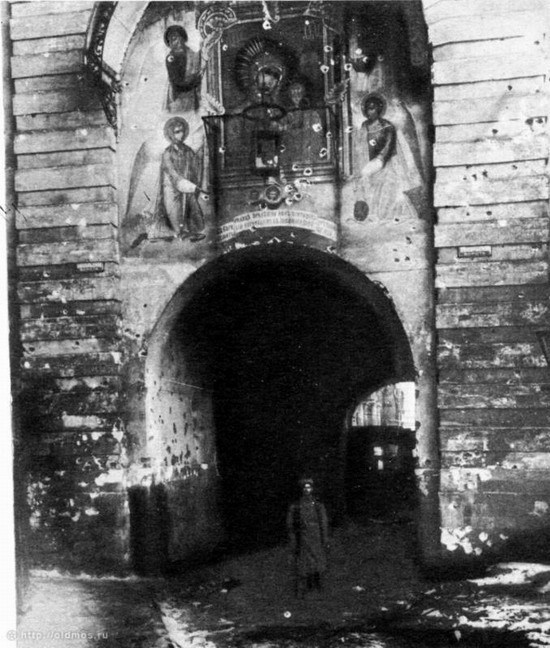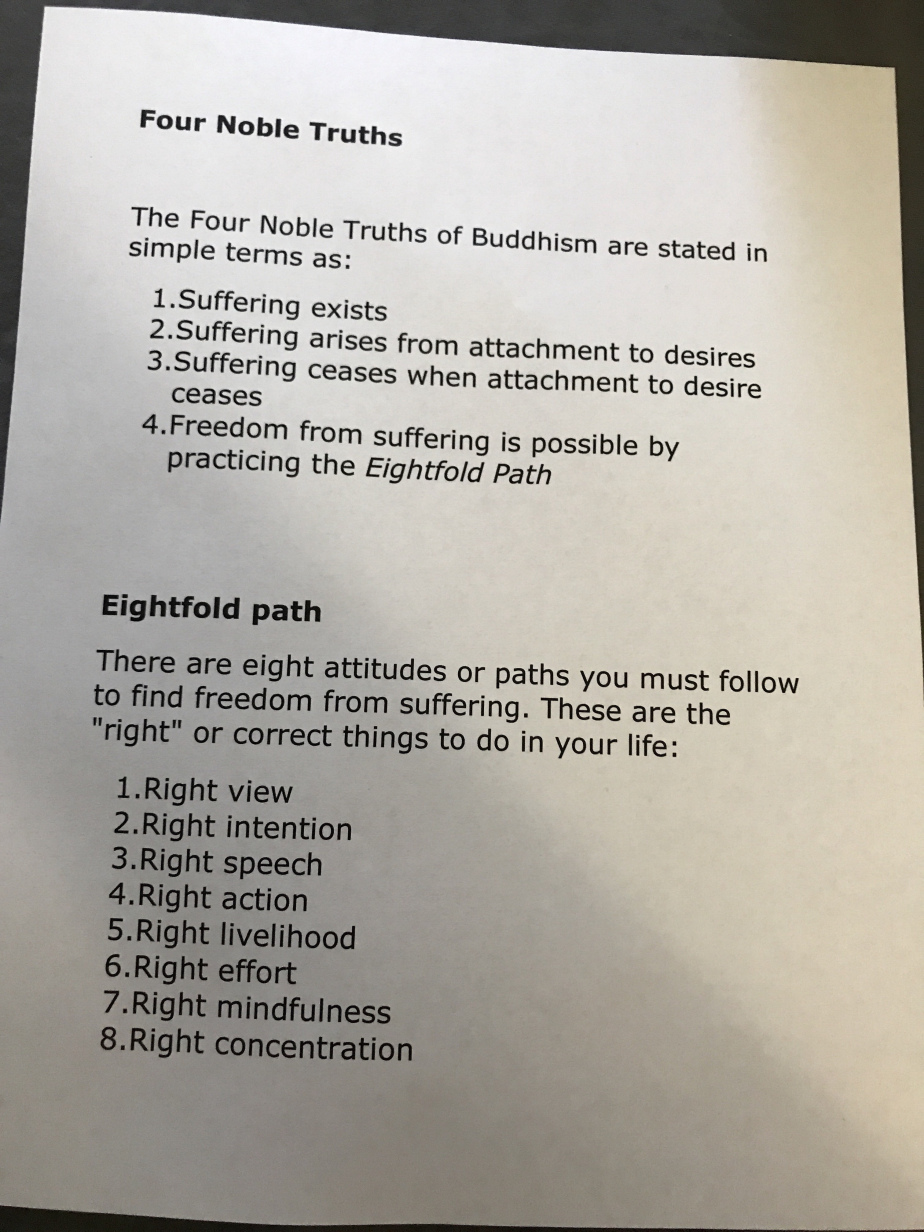 The Bolsheviks have seen off Kerensky‘s attempt to overthrow their government in Petrograd. They are beginning to break the civil servants’ strike that hampered their takeover of the administrative organs of central government. And the military situation is also improving in Moscow, where anti-Bolshevik forces are now being pushed back relentlessly. Nevertheless, the Bolsheviks’ situation remains precarious and they are acutely aware that they could rapidly find themselves as impotent and marginalised as Kerensky’s Provisional Government was in its last days.
The Bolsheviks have seen off Kerensky‘s attempt to overthrow their government in Petrograd. They are beginning to break the civil servants’ strike that hampered their takeover of the administrative organs of central government. And the military situation is also improving in Moscow, where anti-Bolshevik forces are now being pushed back relentlessly. Nevertheless, the Bolsheviks’ situation remains precarious and they are acutely aware that they could rapidly find themselves as impotent and marginalised as Kerensky’s Provisional Government was in its last days.
When the Bolsheviks established their Council of People’s Commissars (Sovnarkom), they declared it to be a Soviet government, responsible to the Soviet Executive. Now however Sovnarkom declares itself able to pass emergency legislation without the Soviet’s approval.The Soviet Executive votes narrowly to accept its effective marginalisation.
Within the Bolsheviks there is some disquiet at the direction the party is heading. Moderates, including Zinoviev and Kamenev, resign from the party’s central committee in protest at the suppression of the opposition press and Sovnarkom’s sidelining of the Soviet (Kamenev also resigns as chair of the Soviet Executive). None of this overly concerns Lenin. Let his moderate comrades have their protest; he knows they will come back into the fold soon enough.
image source:
Moscow scene (Russia Travel Blog: Moscow destroyed by the Bolsheviks in the autumn 1917) This link features some fascinating pictures of central Moscow in late 1917.
Share this:




